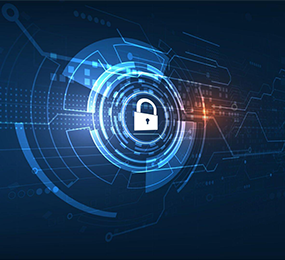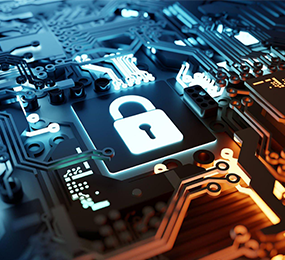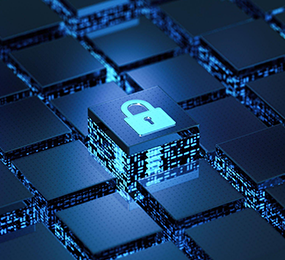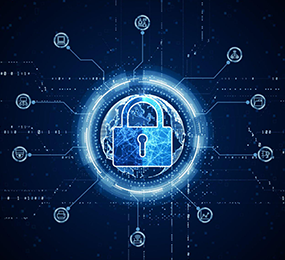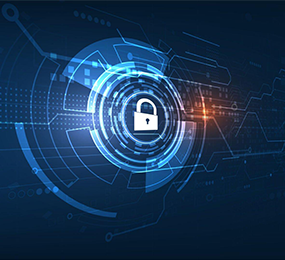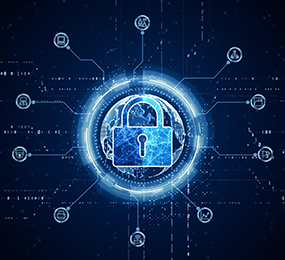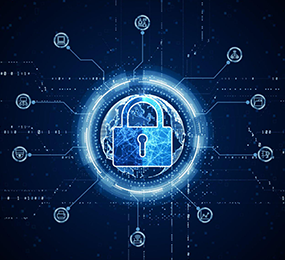The Human Factor: Training Employees on Cyber Security in the Renewable Energy Industry
As the renewable energy industry continues to grow and become increasingly digitized, the risk of cyber attacks is also on the rise. The consequences of a cyber attack on a renewable energy company can be severe, from loss of data to physical damage to the infrastructure. To mitigate these risks, it is essential to train employees on cybersecurity best practices.
Why Training Employees on Cybersecurity Matters
The human factor is often the weakest link in any cybersecurity defense system. Employees can inadvertently expose the company to cyber threats by clicking on phishing emails, using weak passwords, or leaving their devices unattended. Effective training can reduce these risks and create a culture of cybersecurity within the company.
Effective Training Practices
1. Tailor the training to the audience: Employees in the renewable energy industry have different roles and responsibilities, and therefore, their training needs may differ. For example, engineers may require more technical training, while administrative staff may need training on data privacy regulations.
2. Provide ongoing training: Cybersecurity threats are constantly evolving, and employees need to be updated regularly on new risks and how to mitigate them. Ongoing training can ensure that employees remain aware of the latest threats and best practices.
3. Make the training engaging: Cybersecurity training can be dry and technical, making it difficult for employees to retain information. Making the training engaging, through interactive exercises, videos, and gamification, can improve its effectiveness and make it more memorable.
4. Encourage a culture of cybersecurity: Employees should be encouraged to take ownership of cybersecurity and be rewarded for reporting suspicious activity. Creating a culture of cybersecurity can make employees more aware of the risks and more proactive in mitigating them.
5. Test the effectiveness of the training: Regular testing can ensure that employees are retaining the information they are being trained on. Testing can be in the form of quizzes, simulations, or even simulated phishing attacks.
In conclusion, training employees on cybersecurity is essential in mitigating cyber risks in the renewable energy industry. Effective training practices, such as tailoring the training to the audience, providing ongoing training, making the training engaging, encouraging a culture of cybersecurity, and testing the effectiveness of the training, can improve its effectiveness and ensure that employees are equipped to mitigate cyber risks. By investing in cybersecurity training, renewable energy companies can protect their infrastructure, data, and reputation.
Visit our website to know more: https://www.leadventgrp.com/events/renewable-energy-cyber-security-forum/details
For more information and group participation, contact us: [email protected]
Leadvent Group - Industry Leading Events for Business Leaders!
www.leadventgrp.com| [email protected]


